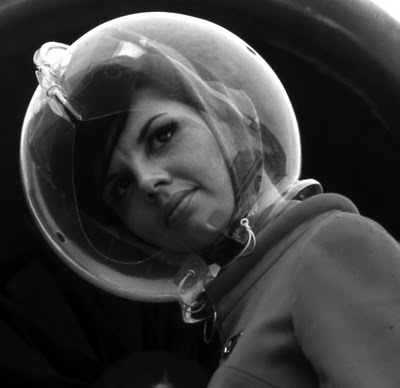Dave Eggers’ latest novel, The Circle, is a satire about, among other things, social networking, that really good and really bad idea. Here’s the opening of an excerpt from it running in the New York Times Magazine this week:
“My God, Mae thought. It’s heaven.
The campus was vast and rambling, wild with Pacific color, and yet the smallest detail had been carefully considered, shaped by the most eloquent hands. On land that had once been a shipyard, then a drive-in movie theater, then a flea market, then blight, there were now soft green hills and a Calatrava fountain. And a picnic area, with tables arranged in concentric circles. And tennis courts, clay and grass. And a volleyball court, where tiny children from the company’s day care center were running, squealing, weaving like water. Amid all this was a workplace, too, 400 acres of brushed steel and glass on the headquarters of the most influential company in the world. The sky above was spotless and blue.
Mae was making her way through all of this, walking from the parking lot to the main hall, trying to look as if she belonged. The walkway wound around lemon and orange trees, and its quiet red cobblestones were replaced, occasionally, by tiles with imploring messages of inspiration. ‘Dream,’ one said, the word laser-cut into the stone. ‘Participate,’ said another. There were dozens: ‘Find Community.’ ‘Innovate.’ ‘Imagine.’ She just missed stepping on the hand of a young man in a gray jumpsuit; he was installing a new stone that said, ‘Breathe.’
On a sunny Monday in June, Mae stopped in front of the main door, standing below the logo etched into the glass above. Though the company was less than six years old, its name and logo — a circle surrounding a knitted grid, with a small ‘c’ in the center — were already among the best known in the world. There were more than 10,000 employees on this, the main campus, but the Circle had offices all over the globe and was hiring hundreds of gifted young minds every week. It had been voted the world’s most admired company four years running.
Mae wouldn’t have thought she had a chance to work at such a place but for Annie. Annie was two years older, and they roomed together for three semesters in college, in an ugly building made habitable through their extraordinary bond, something like friends, something like sisters — or cousins who wished they were siblings and would have reason never to be apart. Their first month living together, Mae broke her jaw one twilight, after fainting, flu-ridden and underfed, during finals. Annie had told her to stay in bed, but Mae went to the Kwik Trip for caffeine and woke up on the sidewalk, under a tree. Annie took her to the hospital and waited as they wired her jaw and then stayed with Mae, sleeping next to her, in a wooden chair, all night, and then at home, for days, had fed Mae through a straw. It was a fierce level of commitment and competence that Mae had never seen from someone her age or near her age, and Mae was thereafter loyal in a way she’d never known she could be.
While Mae was still at Carleton, meandering between majors, from art history to marketing to psychology — getting her degree in psych with no plans to go further in the field — Annie had graduated, gotten her M.B.A. from Stanford and was recruited everywhere, but particularly at the Circle, and had landed here days after graduation. Now she had some lofty title — Director of Ensuring the Future, Annie joked — and had urged Mae to apply for a job. Mae did so, and though Annie insisted that she pulled no strings, Mae was sure Annie had, and she felt indebted beyond all measure. A million people, a billion, wanted to be where Mae was at this moment, entering this atrium, 30 feet high and shot through with California light, on her first day working for the only company that really mattered at all.”
Tags: Dave Eggers

